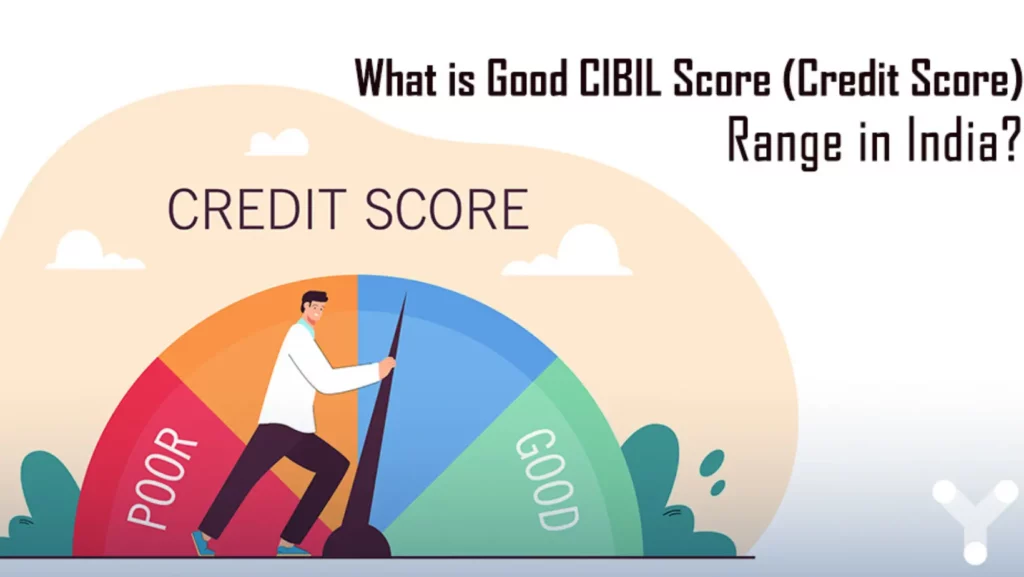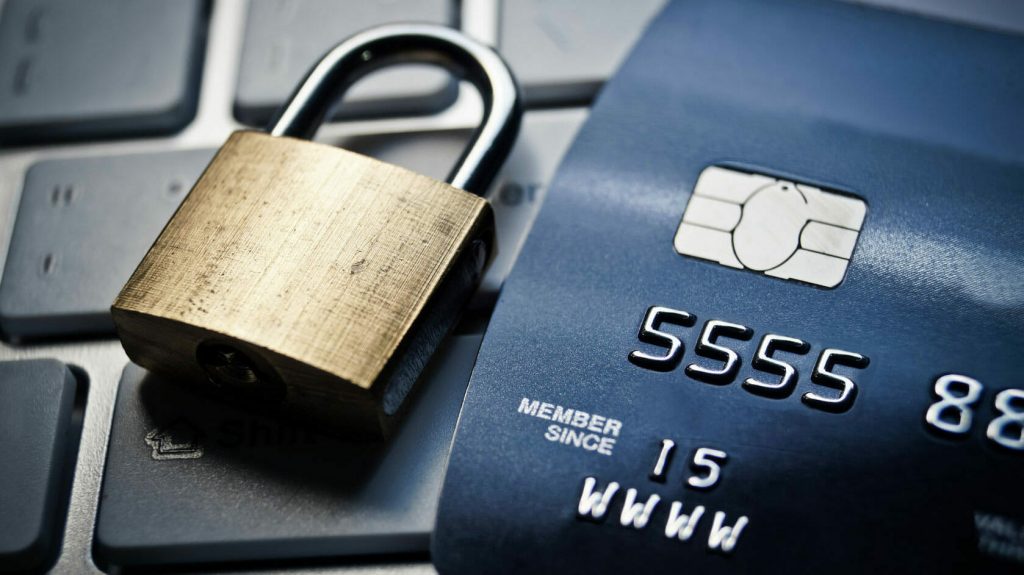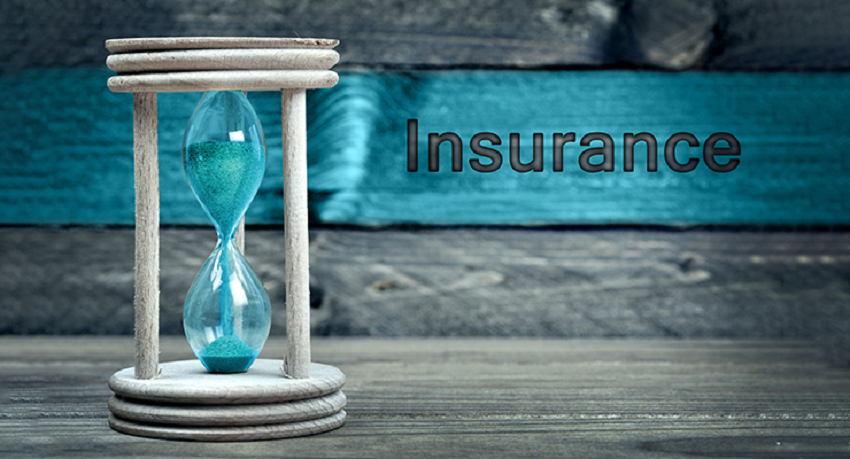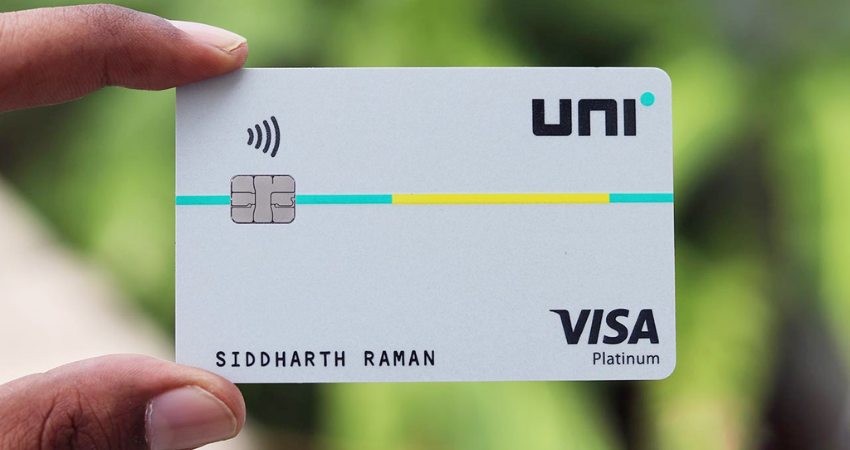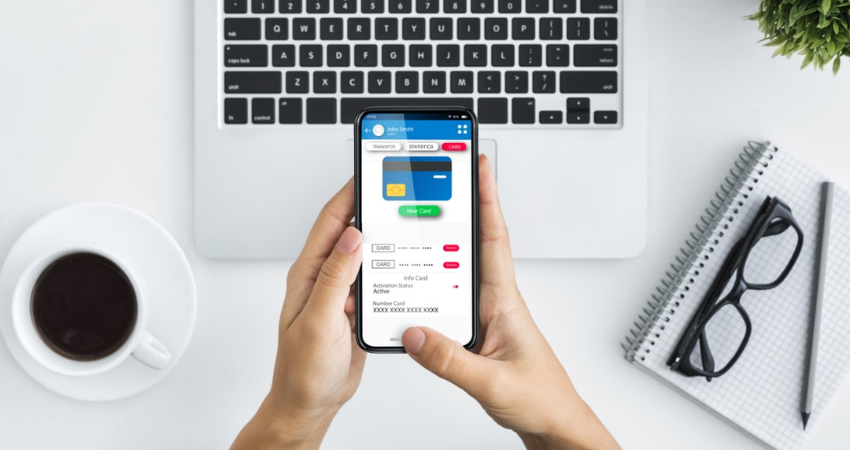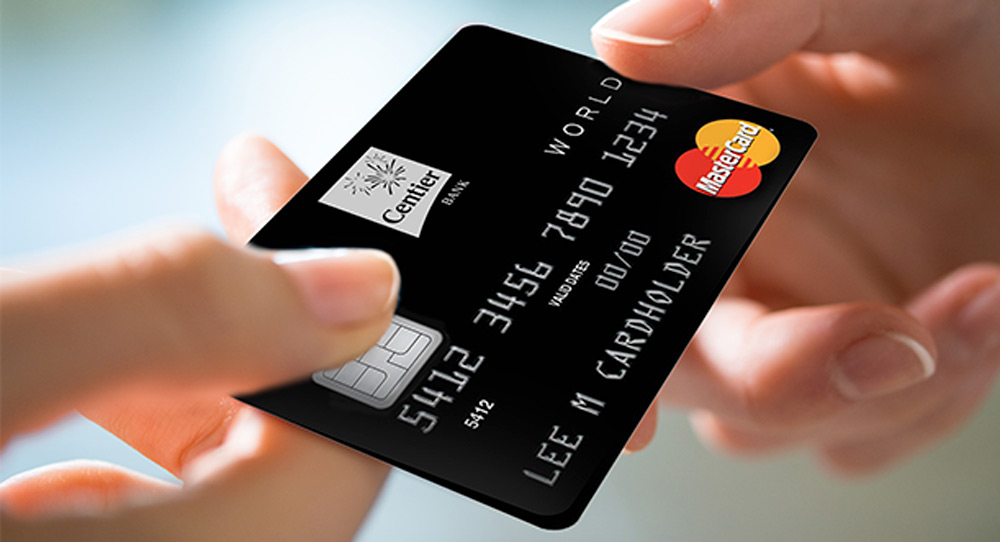Assuming you have made up your mind to apply for a personal loan, now the important step is to check your eligibility, which means getting to know your CIBIL score and how it will affect the personal loan interest rate that you will be charged. Personal loans attract a relatively high-interest rate than other loans offered by lenders in the market.
Before you go ahead with taking out a loan from a certain lender, it’s important that you check out the different options that are available to you and then make a decision on which deal is right for you. To understand how the CIBIL score affects your loan approval and interest rates, read the following points carefully.
Knowing Your CIBIL Score
If you have decided to obtain a personal loan then your CIBIL score will be one of the most crucial factors that will ensure your eligibility for a loan along with the interest rate that you will be offered. Lenders in the market generally charge high interest rates on personal loans compared to other loans offered.
A CIBIL score is a three-digit number which is based on your credit history and past repayment habits related to your credit cards and loan activities. This score ranges from 300 to a max of 900. The score is an important metric on which you can understand your overall creditworthiness, and it also impacts the interest rate at which you can get your loan EMI.
What is a Smart CIBIL Score?
A score of 750 and above is the extent to which healthy and have a much better possibility of getting a loan with amazing deals at minimal rates. Simply put the closer you get to the 900 point the better your odds of getting the loan approved.
This is because a bad credit score will indicate that you have a higher chance of being a defaulter and will be likely incapable of repaying the loan on time.
So even if they didn’t have a loan to make, the usage and payments of the credit cards impacted the scores. So, to achieve better interest and other conditions, the most important is the score, yet, there are some other features taken into account, too.
How will your CIBIL Score affect the loan EMI?
Your CIBIL score will affect your interest rate in numerous ways. Read the following points to know more:
High CIBIL Score: High credit would, after all, go a long way in assuring you of being able to draw a loan at lower interest rates if at all. A good credit score represents a good credit history.
Low CIBIL Score: A low credit score drops the chances of approval for the business loan instantly. As a result, just as your credit score sinks lower so do your spare chances of having a desired interest rate because it augments the lender’s risk of recovering the amount loaned due to the lender’s poor credit history!
Repaying of Loan: Your credit score can add some mark to your loan repayment period. A good credit score will aid you in obtaining the loan as per your terms. However, if your credit score is poor and you still get approved for the loan, the terms will probably not suit your expectations. A low CIBIL may result in shorter period with a high interest rate for your loan repayment.
Principal Amount: The principal is the principal amount which has been taken as a loan and which determines the monthly EMI. A greater credit score allows you to secure a greater amount to borrow and a lower credit score might not be able to get you a figure that is going along with your expectations.
Processing of Loan: A lower credit score can cause your loan application to be heavily scrutinized. So if you are that person with a better CIBIL score and good credit history then you can easily have a comparatively smoother application process.
Conclusion
You understand that you might not be able to raise your score straight away; above all, long haul -foremost – lawfully -good practice improvement in appropriate ebb and flow on your previous credit policies. One simpler method for raising your score is with a credit card.
But before applying for any kind of credit card you need to know your financial obligations and financial position. All this is primarily because if one spends excessively using any mode of credit then one can fall into the trap of debt.

